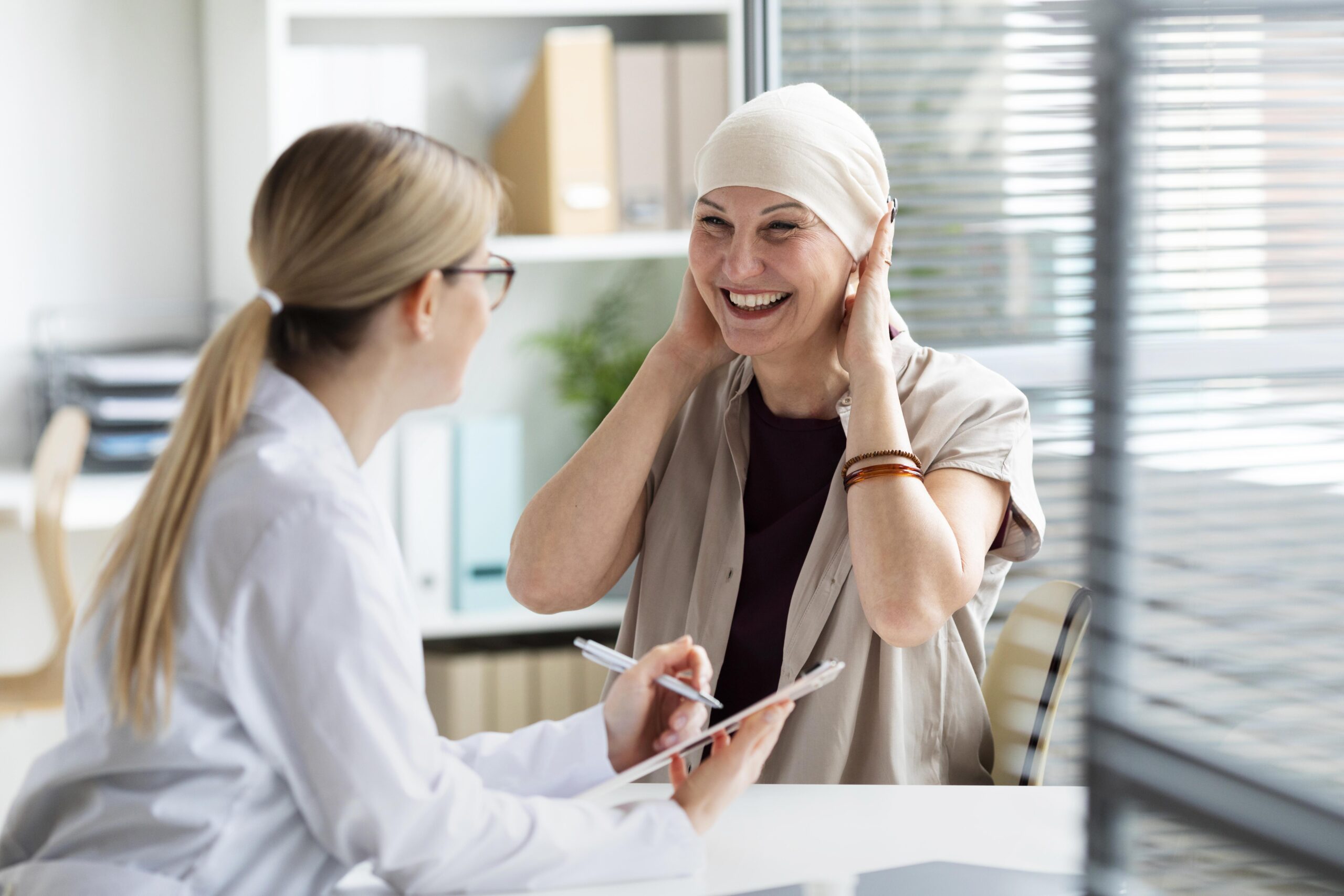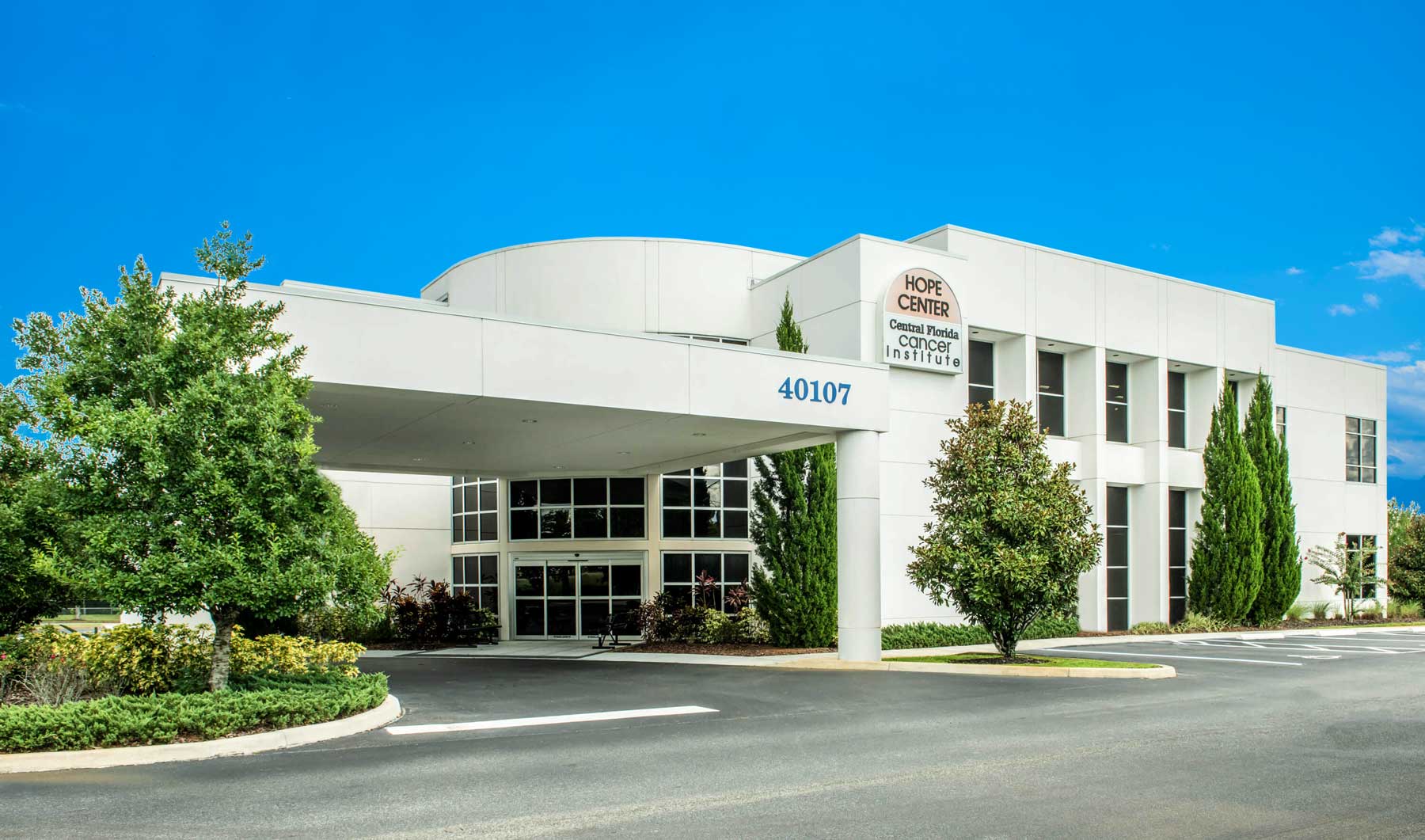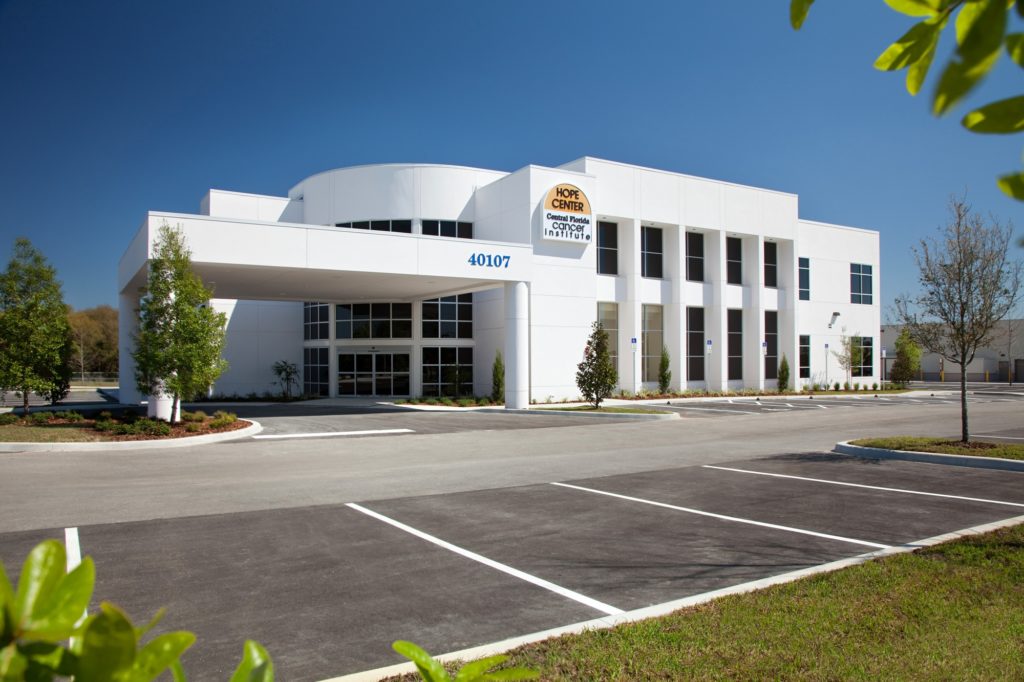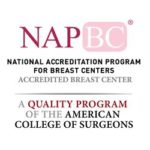
Why Doctors Should Refer Patients to the Central Florida Cancer Institute
As healthcare professionals, our primary goal is to ensure our patients receive the best possible care. Regarding cancer treatment, the Central Florida Cancer Institute is a premier choice for patient referrals.
NAPBC Accreditation: A Mark of Excellence
The Central Florida Cancer Institute has recently achieved a significant milestone by receiving a three-year full accreditation from the National Accreditation Program for Breast Centers (NAPBC). This prestigious recognition is a testament to the institute’s unwavering commitment to providing high-quality breast care.
The NAPBC accreditation process is rigorous and comprehensive, evaluating centers based on stringent criteria that cover the entire spectrum of breast cancer care. From prevention and diagnosis to treatment and survivorship, the institute has demonstrated excellence across all aspects of care. This accreditation assures referring physicians that their patients will receive outstanding multidisciplinary care that adheres to the highest standards in the field.
Comprehensive Cancer Care
While the NAPBC accreditation highlights the institute’s expertise in breast cancer care, the Central Florida Cancer Institute offers comprehensive treatment for all types of cancer. Patients benefit from:
- Advanced diagnostic methods
- Cutting-edge therapies
- Surgical interventions
- State-of-the-art radiation therapy
- Supportive care services
The institute’s multidisciplinary team of experienced oncologists and healthcare professionals specializes in various cancer types, ensuring that each patient receives tailored, expert care.
Personalized Treatment Approach
At the Central Florida Cancer Institute, patient care goes beyond just medical treatment. The team emphasizes a personalized approach, taking the time to understand each patient’s unique circumstances and preferences. This comprehensive strategy addresses both the physical and emotional aspects of cancer care, contributing to better overall outcomes and patient satisfaction.
Benefits of Referring to a Specialized Cancer Center
By referring patients to the Central Florida Cancer Institute, doctors can ensure:
-
- Access to the latest advancements in cancer treatment
- Care from a team of specialists with extensive experience in various cancer types
- Comprehensive support services for patients and their families
- Participation in clinical trials, when appropriate
- Continuity of care through all stages of treatment and survivorship
Collaboration and Communication
The institute prioritizes open communication with referring physicians, ensuring that you remain informed about your patient’s progress throughout their treatment journey. This collaborative approach allows for the seamless coordination of care and the best possible outcomes for patients.
Conclusion
The Central Florida Cancer Institute’s NAPBC accreditation, comprehensive cancer care services, and commitment to personalized treatment make it an excellent choice for patient referrals. By choosing this highly accredited and specialized institution, doctors can be confident that their patients will receive expert, compassionate care that adheres to the highest standards in oncology.
Referring your patients to the Central Florida Cancer Institute means entrusting them to a team dedicated to advancing cancer care and improving patient outcomes. It’s a decision that reflects your commitment to providing your patients with access to the best possible treatment options and support throughout their cancer journey.








Recent Comments